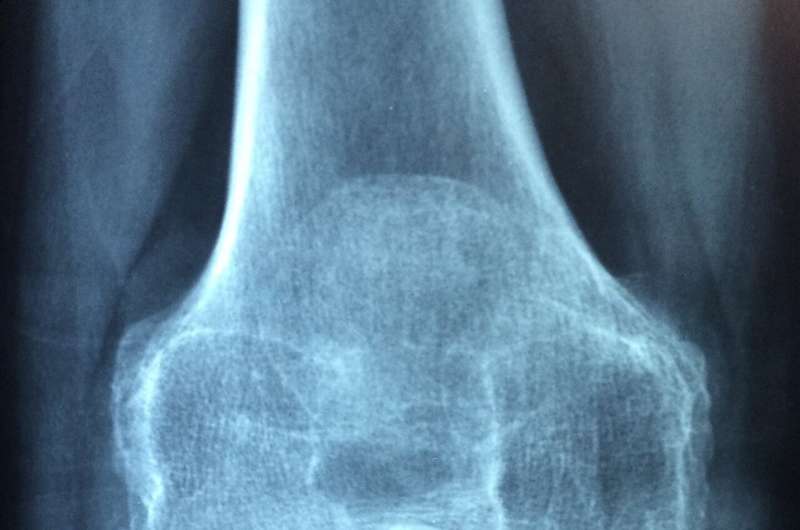Recommendations for fatigue management in inflammatory rheumatic and musculoskeletal diseases

Fatigue is common in people with inflammatory rheumatic and musculoskeletal diseases (RMD). The causes of fatigue are not well understood, and it is likely that they vary between people and over time. From a patient perspective, fatigue has a significant and detrimental impact on daily life, and it is a priority to address.
Although our appreciation of the impact of fatigue has grown in recent years, it is complex to manage. We have evidence about some approaches that can help, but we have not had any recommendations to guide health professionals and patients. As a result, fatigue care and support is often variable and fragmented.
To address this, EULAR has drafted new recommendations for fatigue management in people with an Inflammatory RMD. The work was presented at the 2023 EULAR congress and was published in the Annals of Rheumatic Diseases. The work was supported by two systematic literature reviews, which explored the efficacy of pharmacological and non-pharmacological interventions aimed at reducing the severity and impact of fatigue and helping people to develop good coping strategies.
The new publication includes four overarching principles and four recommendations. The principles say that health care professionals should be aware that fatigue is related to the dynamic interaction of biological, psychological, and social factors. People with an Inflammatory RMD, should have their fatigue monitored, and management options should be offered as part of their clinical care.
The chosen management approach should be based on a shared decision between the person with an Inflammatory RMD and their health care professionals. Finally, fatigue management should be based on the needs and preferences of the individual with an Inflammatory RMD. It should consider their disease activity, any other health conditions that they have, and individual psychosocial and contextual factors.
The recommendations look specifically at when fatigue should be assessed and focus on two key types of intervention: physical activity and psychoeducation—both of which have been shown to be helpful. At this point, there is limited evidence for other interventions.
EULAR hopes these recommendations will provide a starting point for managing fatigue in people with an Inflammatory RMD and encourage health care teams to support their patients in identifying and addressing fatigue.
More information:
Emma Dures et al, 2023 EULAR recommendations for the management of fatigue in people with inflammatory rheumatic and musculoskeletal diseases, Annals of the Rheumatic Diseases (2023). DOI: 10.1136/ard-2023-224514
Provided by
European Alliance of Associations for Rheumatology, EULAR
Citation:
Recommendations for fatigue management in inflammatory rheumatic and musculoskeletal diseases (2023, December 8)
retrieved 12 January 2024
from https://medicalxpress.com/news/2023-12-fatigue-inflammatory-rheumatic-musculoskeletal-diseases.html
This document is subject to copyright. Apart from any fair dealing for the purpose of private study or research, no
part may be reproduced without the written permission. The content is provided for information purposes only.
_______
Source : medicalxpress.com